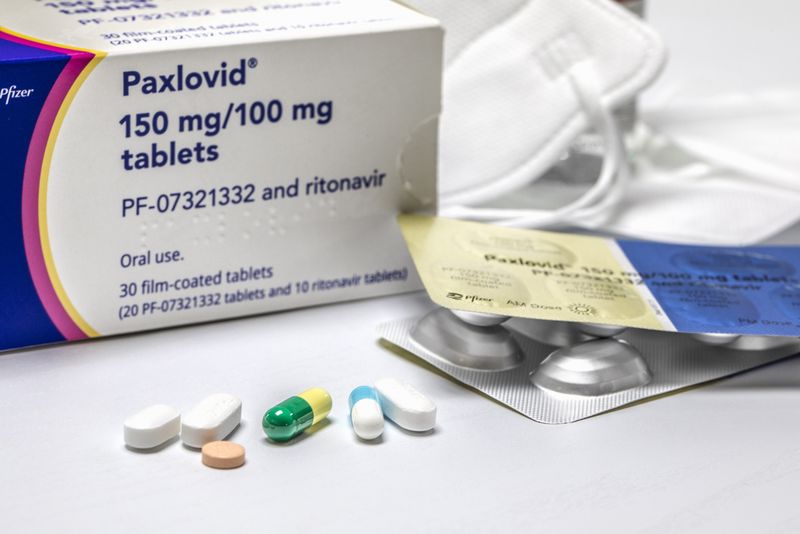The US Food and Drug Administration (FDA) has just approved a new drug for the treatment of schizophrenia. Marketed under the name Cobenfy, the medication combines two different drugs that together target a totally different mechanism in the brain than conventional antipsychotics, offering a welcome new alternative for patients.
Schizophrenia is a diagnosis that can come with a complex suite of symptoms, but many people with the condition will experience some level of psychosis. This can include hallucinations – including auditory hallucinations – paranoia, and delusions.
To help with these symptoms, antipsychotic drugs may be prescribed. Typically, the standard of care for schizophrenia has focused on dopamine, a vital neurotransmitter in the brain. In the case of psychosis, too much dopamine signaling could be to blame, so antipsychotic drugs have historically been developed to try to counteract that and bring things back into balance.
However, while millions of people have been treated with these drugs, they can come with some nasty side-effects and there’s long been an understanding that they’re not effective for everyone. Many with the condition will cycle through periods of stopping their medication or switching between different treatments. For that reason, scientists have been working towards newer and better options.
As part of this effort, in 2023, a study led by researchers at Northwestern University discovered that these drugs – which had been in use for decades – were actually acting on a completely different type of brain cell than previously thought.
“The dogma has been that antipsychotic drugs preferentially affect striatal neurons that express D2 dopamine receptors,” said lead author Jones Parker in a statement at the time. “Instead, a drug’s effect on the other striatal neuron type, the one that expresses D1 dopamine receptors, is more predictive of whether they actually work.”
While these results will help shift the focus of research into future antipsychotics, in the meantime others had started looking away from dopamine altogether. The new medication – a combination of the drugs xanomeline and trospium chloride, which has now been brought to market as Cobenfy – targets a different class of receptors, called cholinergic receptors.
“This drug takes the first new approach to schizophrenia treatment in decades,” said Dr Tiffany Farchione, director of the Division of Psychiatry, Office of Neuroscience at the FDA’s Center for Drug Evaluation and Research, in a statement. “This approval offers a new alternative to the antipsychotic medications people with schizophrenia have previously been prescribed.”
The medicine is taken orally as a capsule. It was developed by the company Bristol Myers Squibb, who explain in a news release that “the exact mechanism of action of Cobenfy is unknown”, but it’s thought to primarily involve one of the active ingredients (xanomeline) interacting with two types of receptors for another neurotransmitter, acetylcholine, in the brain.
In clinical trials, the drug was found to be both safe and effective when compared with a placebo. The FDA said patients on the drug saw a “meaningful reduction” in symptoms after five weeks of treatment. There were some side-effects, mainly stomach and digestion issues, and the drug is not recommended for people with liver or kidney disease, among others.
An estimated 2.8 million people across the US are affected by schizophrenia. The condition is associated with an increased risk of premature death, and comorbidities like heart disease and diabetes are common.
“For people living with schizophrenia, it's often difficult to find a treatment that works for them. Having a variety of treatment options gives patients and healthcare providers the tools to help manage this serious condition,” commented Gordon Lavigne, CEO of the Schizophrenia & Psychosis Action Alliance.
“People living with schizophrenia want and deserve more. Today's approval provides a new option as people with schizophrenia move forward with proper support to rebuild their lives.”





